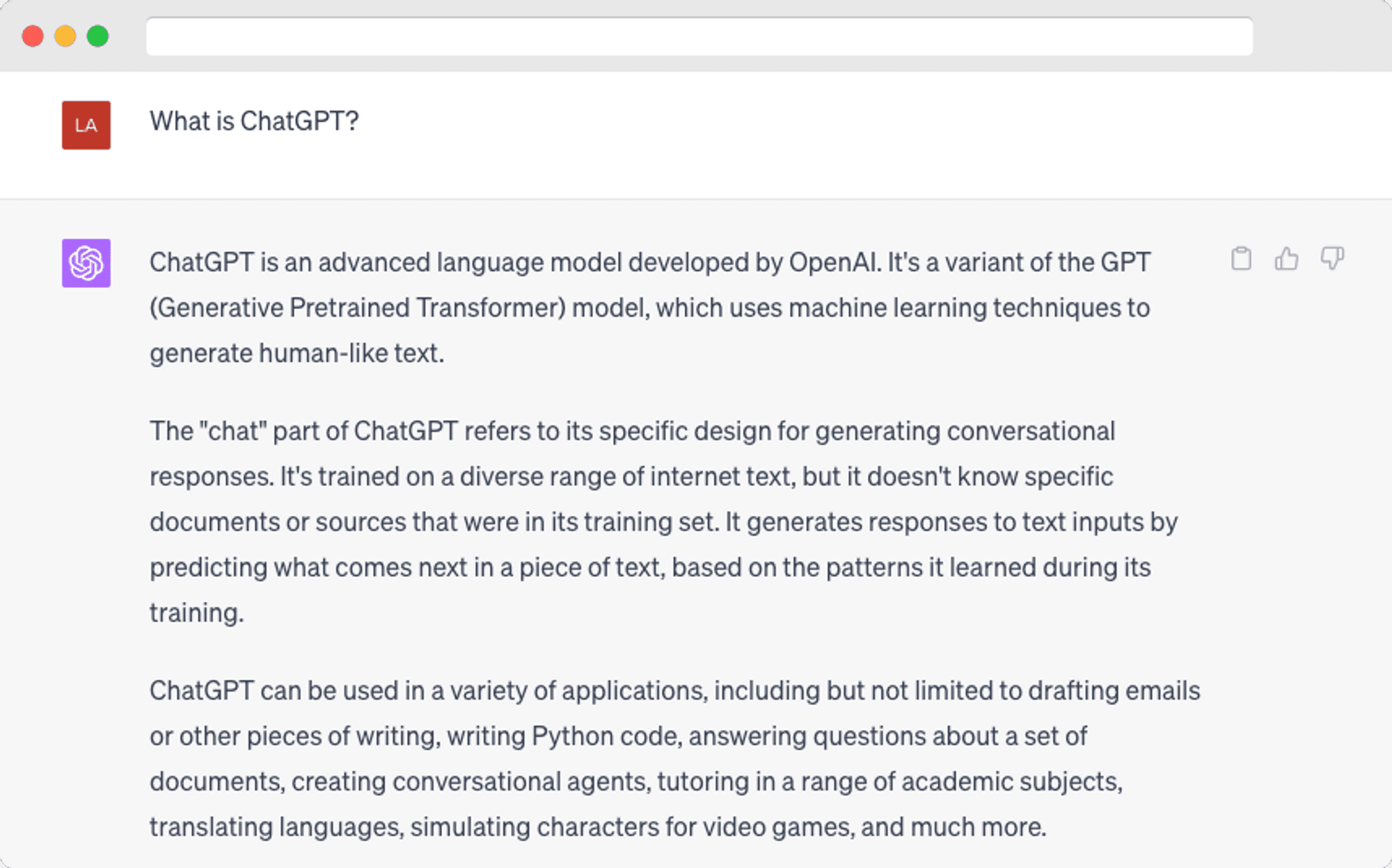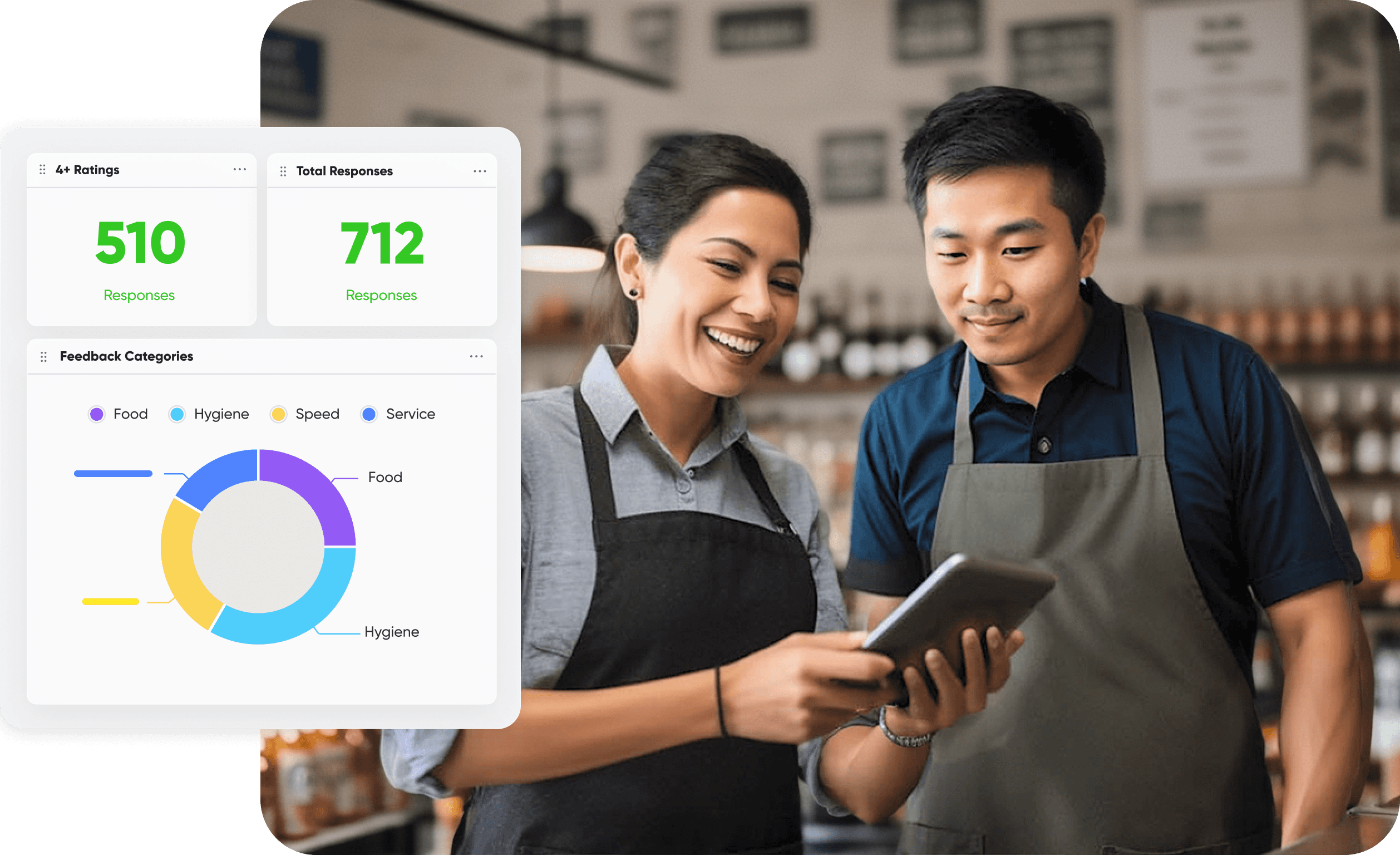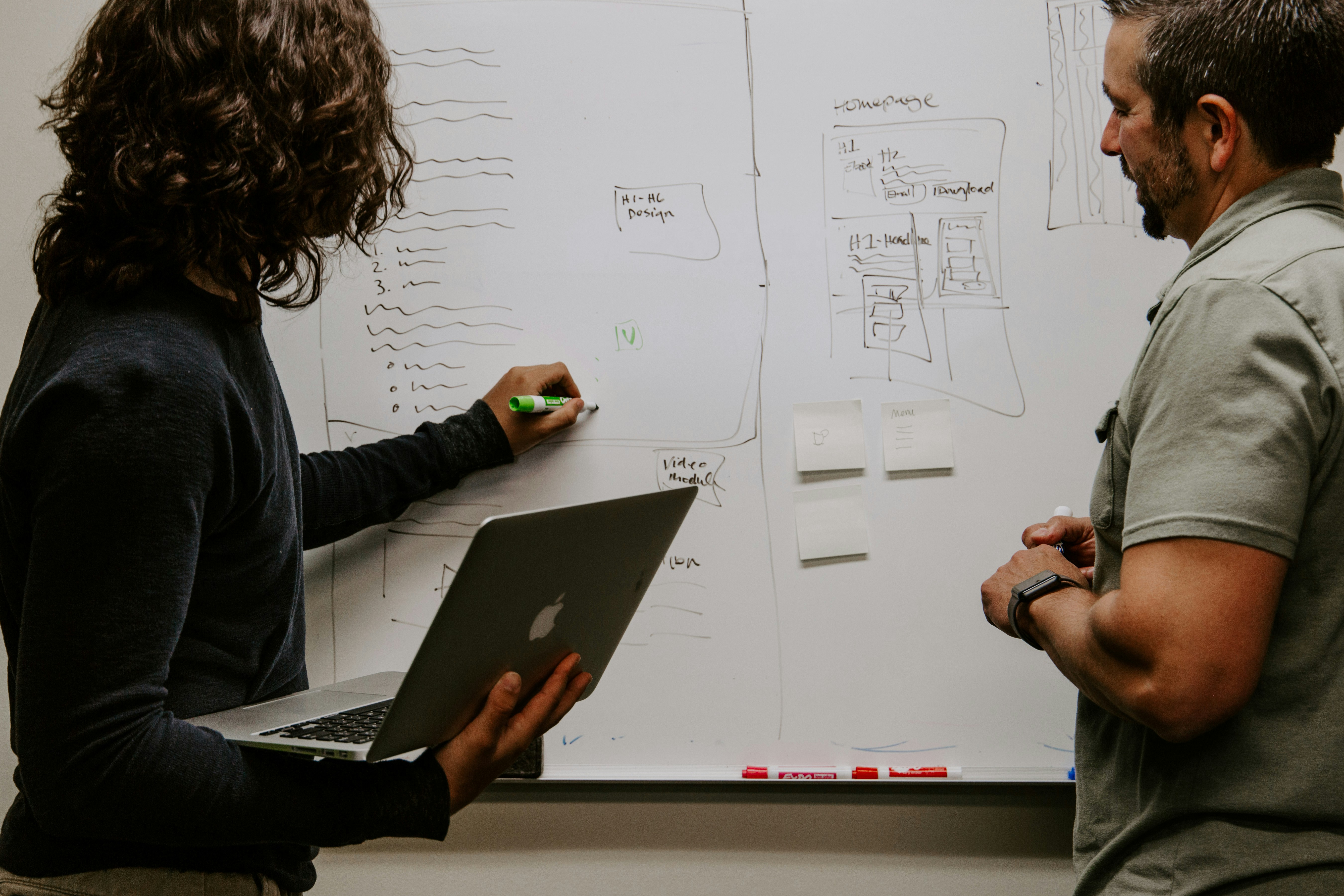In 2023, businesses that can harness the power of artificial intelligence (AI) will have a greater chance of success. This applies not only to technology companies, but also to industries such as manufacturing, construction, retail, food and beverage, and more, where teams have long been underserved but are seeking an efficiency boost.
In this blog post, we’ll share the benefits that AI can bring to businesses as well as how to get started based on your work function, using ChatGPT as an example.
What is ChatGPT, according to the AI itself?

Why my business should care?
The conclusion: ChatGPT is not exclusive to technology companies. It serves as a copilot that you can chat with, and it enhances the way we work in various ways, including but not limited to:
Enhanced customer service: Leverage the power of artificial intelligence with ChatGPT to transform your customer service in both quality and quantity. Acting as an AI chatbot, ChatGPT can handle basic customer inquiries and FAQs, freeing up your customer service representatives to focus on more complex issues. This not only optimizes your customer service operations but can also boost customer satisfaction by reducing wait times.
Literacy for data analysis: ChatGPT can process and analyze vast amounts of text data, offering businesses in industries like pharmaceuticals, manufacturing, and retail valuable insights. For tasks requiring complex calculations or mathematical problem-solving, the AI Math Solver, powered by reasoning models o1/o3, can effectively address these challenges. In pharmaceuticals, ChatGPT can sift through scientific literature, aiding in drug research and development. For retail businesses, ChatGPT's capability to analyze customer reviews can identify trends and areas for improvement, enhancing your retail strategy.
Automation for efficiency-avid industries: Many routine tasks across various industries can be automated using an AI like ChatGPT or using RPA feature, on top of the automated workflows they want to build. In the construction industry, for instance, ChatGPT could be used to auto-generate reports or documentation based on the daily reports collected by frontline workers. For food and beverage businesses, AI can streamline operations by sending inventory forecasts to keep the business running.
Further customize employee onboarding and training: ChatGPT can also be employed in creating realistic training scenarios or simulations, particularly beneficial in industries like manufacturing where experience and practical knowledge matter. This AI-driven approach helps workers prepare for a variety of situations without the need for expensive real-world training exercises, improving your workforce’s skills and capabilities.
Clearer, more expressive communication at work: At its core, ChatGPT can improve your business's internal communication and collaboration. Whether it's transcribing meetings, generating meeting summaries, or coordinating schedules between teams, AI tools like ChatGPT can enhance productivity and collaboration in the workplace.
How to use ChatGPT at work?
While the short answer is "use it whenever you have a question," your efficiency and output will significantly improve when you learn how to use ChatGPT for specific use cases.
ChatGPT is already amazing to use in a web browser, but the key is to further customize it to your business needs and make it accessible within the same platform you use for work. This not only boosts your entire business's productivity but also saves your team time toggling between the web page and their work app. As a starter, we recommend getting ChatGPT connected with your:
Chat: connect ChatGPT with your work platform and make it a bot that you can converse with in both 1:1 settings and group chats
Tables: Provide visibility of your data tables for ChatGPT to read and analyze
You might ask, "How far can I go?" Here are some ChatGPT use cases you can consider putting on a collaboration platform like Lark via integration, based on your team type.
Operations team
Predictive maintenance: After your team submits the equipment inspection reports, use ChatGPT to instantly analyze equipment data and predict when maintenance might be needed. This will help your operations team prevent downtime and keep everything running smoothly.
Proactive inventory tracking: While you are able to build an automated inventory tracking system to automatically remind the team of shortages and in-stock status, consider leveling it up with the help of ChatGPT. For example, you could run calculations to predict when reordering is necessary. This would save the store team time and help further prevent issues such as stock-outs or overstocking.
Sales analysis and reporting: Gone are the days of combining Excel sheets. In addition to an automated sales tracking system you can easily build, layering on ChatGPT will further save you time and effort on interpreting results and generating suggested actions. By reading through the lines of data and your dashboards, ChatGPT could provide out-of-the-box ideas and uncovered insights, providing more ways for your business to improve profit margins.
Training and Onboarding: In addition to organizing onboarding guides, policies, and learning sources on your work platform, consider involving ChatGPT in more customized Q&A and progress tracking by using the documents you organize for model training. ChatGPT can provide a personalized experience to help new staff get onboard comfortably, leading to a shorter ramp-up time.

Sales team
Sales forecasting: Connect your ChatGPT to your sales tables to analyze past sales data, revenue trends, and customer feedback. This will help your sales team predict future sales and anticipate customer needs, allowing them to adjust their strategies accordingly. While you can already do this using dashboards, such integration further shortens the time needed to digest the insights.
Lead analysis: Consider integrating ChatGPT with your lead pool. Whenever a new lead is entered, convert it into a prompt and let ChatGPT provide an analysis on lead quality using business profile, company size, and other fields in your lead form. To make it even more useful, ChatGPT can also provide suggested conversation starters for your team to effectively nurture the leads.
Customer support team
Always-on customer service: Fuel your customer support team by training ChatGPT further with your customer support library to answer customer queries 24/7, while your customer support team can handle complicated questions during their working hours. This frees up your customer service team to focus on more complex issues, while ensuring that customers always receive a quick response.
Support team training: Connect ChatGPT to your work platform to benefit your customer support team. ChatGPT can provide suggested prompts and templates to answer customer questions, which can shorten the time needed for onboarding and help new customer support representatives ramp up quickly. As a first step, we recommend organizing and updating your customer support knowledge so that ChatGPT knows what to read and share whenever there is a question.
Marketing team
Market research: Invite ChatGPT to co-write a market analysis document and come up with opportunity sizing as you try to penetrate a new region. This could help your product and marketing teams stay ahead of the curve, understand market needs, and identify opportunities for growth. Imagine having a tool that keeps you informed about the latest trends in your industry.
Marketing campaign analysis: Connect your marketing campaign data with ChatGPT so that it can help analyze your marketing campaigns, identify what worked and what didn't, and suggest improvements. This could help your marketing team optimize future campaigns and get better results without building multiple dashboards for different purposes.
New content brainstorming, production, and optimization: Consider integrating ChatGPT into the marketing team's content editorial chat. Ask ChatGPT for a content skeleton for each proposed topic. Then, writers can take it from there and co-work with ChatGPT on the document to complete the content piece. Additionally, you may want to consider laying on Midjourney and Stable Diffusion integration to complete visual assets in parallel without leaving your work app.
Product team
Product Ideation and Brainstorming: Invite ChatGPT to your product idea group and ask for an opportunity analysis and relevant ideas based on the content posted by everyone. To level it up, you can also consider working with ChatGPT to read through your product requirement pool and generate an analysis on priority, estimated development timeline, and more in order to help you better sort ideas and realize them efficiently.
Documentation and Reporting: While documentation is crucial for product teams for multiple reasons, it could be a time-consuming part of product development. ChatGPT can assist in creating and maintaining documentation based on chat histories in your product task force, or updating progress reports based on the meeting minutes. This can help ensure documentation is kept up-to-date while freeing team members to focus on creative tasks.
Project Management Copilot: Think of an AI assistant that could help manage projects by tracking progress, sending reminders, and even suggesting improvements. By reading through the project trackers, ChatGPT could help your operations and engineering teams keep projects on track on top of existing alerts and reminders they might receive (and ignore), and ensure nothing falls through the cracks.
All teams
Automated report generation: Connect ChatGPT to your reporting documents and simply input data. An AI tool will auto-generate a detailed report with summaries, charts, and interpretation of insights. This could save all teams a lot of time and effort on report creation. On top of a detailed document, you can even ask ChatGPT to highlight your powerpoints, helping your team get presentation-ready.
Daily conversation boosters: While your company might have a comprehensive dictionary that explains jargon and acronyms, ChatGPT can act as a handy consultant to provide more information instantly and help you understand the meaning of a message with that specific word. This reduces guesswork and helps your team avoid the “what do you mean” moments that might get awkward.
When used well, AI can fuel your team with unparalleled efficiency and help reduce potential errors in manual work. Using a collaboration platform like Lark, you are able to easily connect with your AI tool of choice in order to make the ChatGPT use cases above possible. Learn more about how to do it and get your team on Lark to unlock AI-powered efficiency today 🚀








